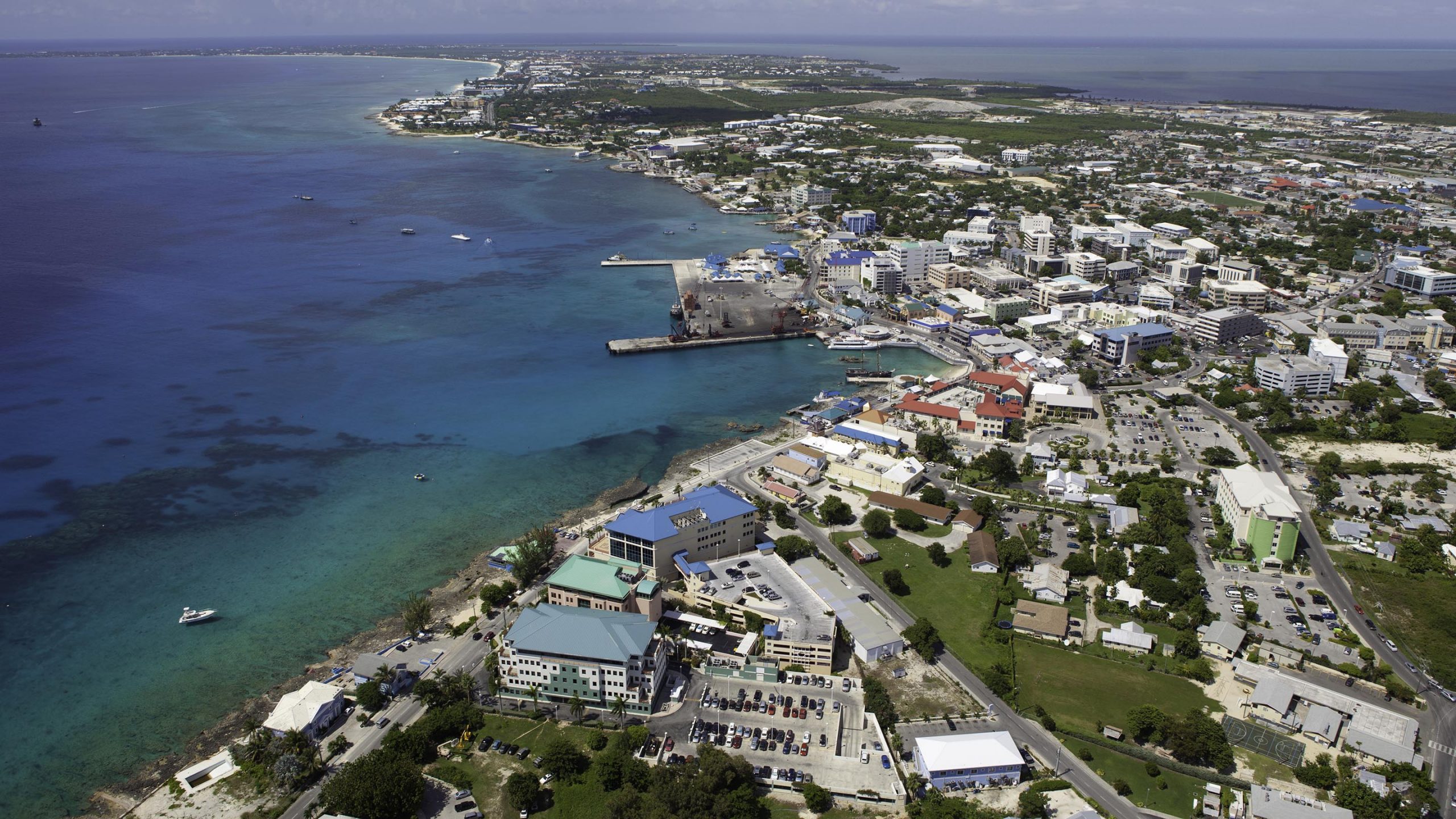
A Caribbean tax haven has made some influential friends
British MPs regularly accept expenses-paid trips to the Cayman Islands in the Caribbean, telling the local government on one visit it could sue the UK for attempting to close loopholes for tax evasion and financial crime.
Since 2013, at least 11 MPs in the Cayman Islands all-party parliamentary group (APPG) have been invited on free trips to the islands. Some went multiple times; others went with their spouses.
While there, in 2018 and 2019, the visiting MPs all went on Cayman national television to declare their support for the government in pushing back against transparency measures designed to tackle secretive finance.
The measures had been introduced following a 2016 anti-corruption conference hosted by the then UK prime minister David Cameron.
According to the Corporate Tax Haven Index, the Cayman Islands is the second most complicit jurisdiction in the world in helping multinational corporations underpay corporate income tax. Margaret Hodge, the Labour peer, says £290 billion a year – equivalent to a third of UK public spending – is lost to the UK economy through economic crime.
“The UK is the jurisdiction of choice for dirty money,” Hodge says. “Our relationships to overseas territories which act as tax havens are central to this issue.”
Hodge was chair of the Public Accounts Committee in 2013 when Cameron sought tax havens’ help in creating a register of beneficial owners of shell companies.
On a 2018 trip to the Caymans, Andrew Rosindell MP told Cayman 27, a local news outlet, that the imposition of transparency measures “would be a direct challenge to the autonomy of an overseas territory to make its own decisions in its own interests”. He said the Cayman islands were entitled to challenge any such imposition in return: “The legal route is the way to do it.”
On his return, through votes, comments, written letters and Tweets, Rosindell pushed back against transparency measures.
Last July, he wrote a written question asking Liz Truss, then foreign secretary, what steps her Department is taking to “(a) work with and (b) support the Government of the Cayman Islands in achieving the goals set out in its 2022-2024 Strategic Policy Statement.” The Strategic Policy Statement includes: “continuing to refute tax haven myths and educating on the positive economic impact of financial services in the Cayman Islands”.
Sir Graham Brady, chair of the powerful backbench 1922 Committee and of the Cayman Islands APPG, has been on three paid trips to the islands. He took one worth £10,459 trip in 2019 and made a television appearance defending the territory’s position on registers of beneficial ownership, claiming they would leave those who own assets in Cayman “exposed to danger”. He told Tortoise: “When interviewed on local Cayman TV, I made the point that complete transparency to police and tax authorities is essential.”
UK law sets tight limits on who can donate directly to MPs, but there is no legal prohibition on individuals or governments paying MPs for advocacy through overseas trips. If a donation is above £500 it has to come from a permissible source, but a carve-out in the rules allows virtually anyone to pay MPs through these overseas visits.
“It could be a foreign company or could be a foreign government. It could be Vladimir Putin,” says Steve Goodrich of Transparency International. “The trips are just all expenses-paid junkets; sort of PR exercises to burnish the reputation of sometimes quite unsavoury regimes or used as a means to sort of try and curry favour with UK parliamentarians over issues of the importance of that jurisdiction. So it’s a big loophole that we would want to see fixed.”
The latest annual briefing from the Cayman Islands Government Office in the UK states that the Cayman APPG helps the islands ensure “there are voices within Westminster who are knowledgeable about our Islands and particular issues”. The briefing states that several MPs were able to “lobby and voice their support on our behalf” and “explain that they understand the benefits of the Offshore Financial Services industry”.
Ten years after Cameron’s plans for a central registry of company ownership were published, there is still no register.











